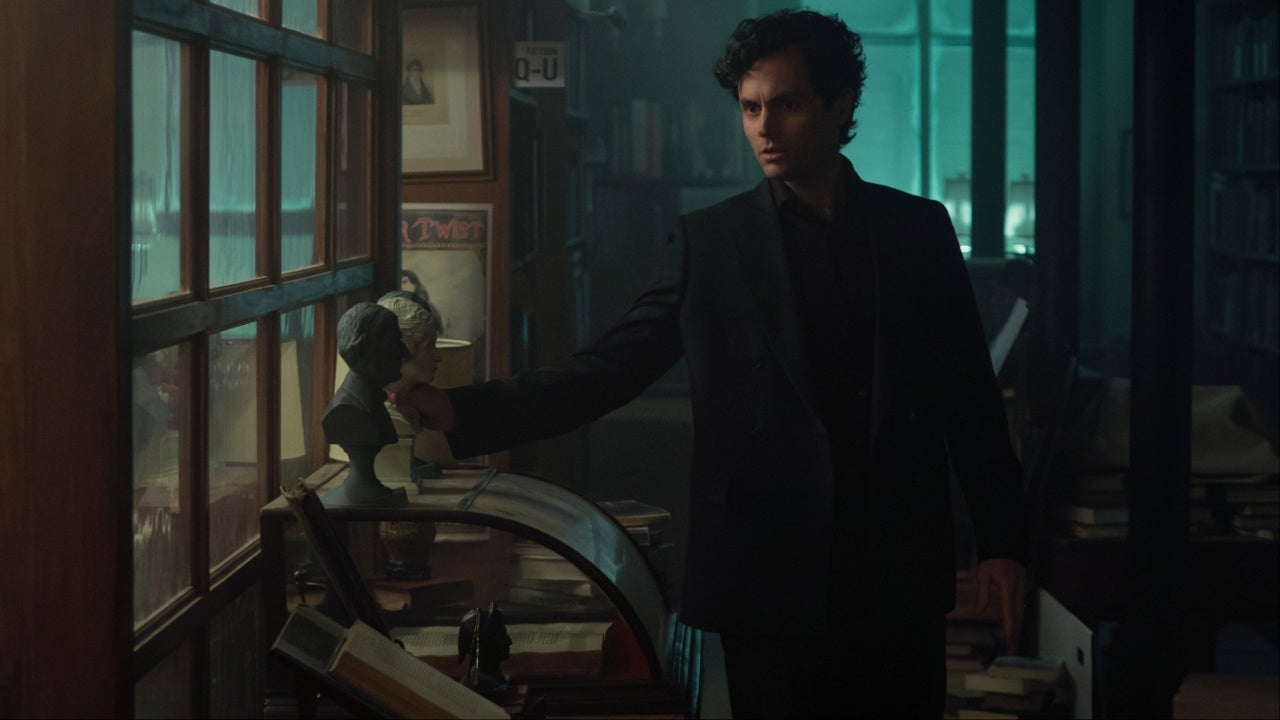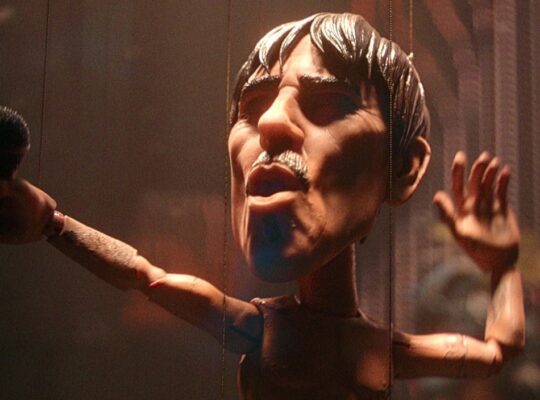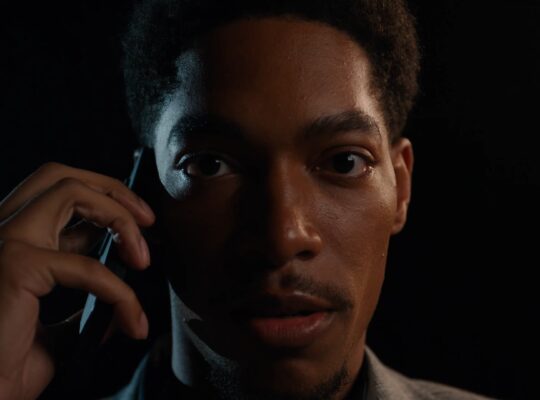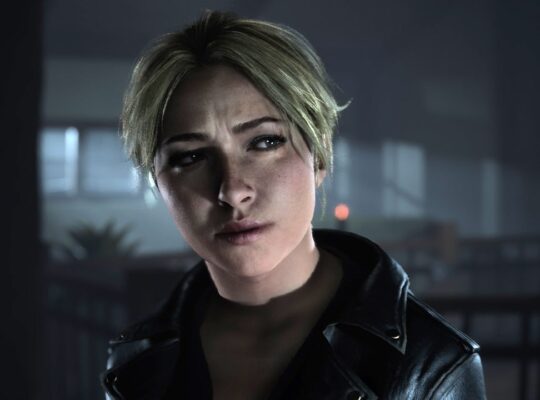
You season 5 is now streaming on Netflix.
If You has taught us one thing, it’s that appearances can’t be trusted. Just like Joe Goldberg (Penn Badgley) is a psychotic creep masquerading as a tortured poet, this show is a sordid soap opera masquerading as a high-minded drama. Its fifth and final season reveals the tensions between these warring personalities more than it resolves them. There’s some campy fun to be had, but You drags as it attempts – unsuccessfully – to wrestle with its own unserious treatment of some gravely serious subject matter.
After bringing his freak show back to New York, Joe’s good name, identity, and relationship with his son are all restored – so long as he plays the dutiful husband to his wife, corporate heiress Kate (Charlotte Richie). Unfortunately, this homicidal serial cheater who prefers his women helpless is not the man for that particular job. Temptation arises when business rivals threaten to ruin Kate’s reputation and Bronte, a down-on-her-luck writer played shrewdly by Madeline Brewer, appears in Joe’s old bookshop.
Season 5 hits all the expected plot points: Wealthy weirdos stir the pot, savvy civilians dig into Joe’s past, and Joe performs Olympics-level mental gymnastics. After quashing what little conscience he had in season 4, Joe is excited to embrace every side of himself, and to find a woman who will truly accept his darkness. As he scrambles to justify his own existence, it’s easy to see his dilemma reflected in that of the show’s. As it draws to a close, You wants to be both a salacious, sexy thriller and a self-aware, feminist drama. But this show is not savvy enough to balance those conflicting aims, just like Joe can’t have his girlfriend and kill her, too.
This friction is especially present whenever Bronte spouts off meta comments about the dark romance genre (to which You arguably belongs) or we get a glimpse of Joe’s latest novel, about a male vampire who stalks his beloved. It would be nice if these gestures felt genuine. Instead, these stabs at relevance are as desperate as Joe’s sanctimonious personal politics or the scripts’ use of internet slang like “delulu.” Such self-reflection is bound to ring hollow in a show where the protagonist has been getting away with murder for four straight seasons yet continues to be depicted in a romantic light. Badgley’s charm may be the backbone of this show, but season 5’s Joe is simply too squeaky-clean.
That’s not to say that our current cultural fascination with male violence isn’t a problem, or worthy of deeper examination – it’s just that such high-brow, nuanced takes are not what a show like You is for. You has always been schlock. Elevated schlock, with beautiful camerawork and excellent acting, but schlock nonetheless. We’re talking about a show where, in season 5, all-star scenery-chewer Anna Camp (of Pitch Perfect and True Blood fame) gets to play identical twins.
But rather than playing to its silly strengths, the final season draws attention to You’s long-term shortcomings. Because let’s be real, the You formula – handsome psycho poetically narrates his obsessive love for a woman, only to ruin or end her life – had an expiration date, and it was somewhere around Joe killing Love in season 3. The writers seem to realize this, because Joe spent all of season 4 reckoning with his monstrous tendencies, but season 5 brings us back to the same old song and dance. It’s hard to stay interested in a thriller where the villain has no real match, particularly when we’re spending so much time in that villain’s head. Joe believes he can talk his way out of anything, and he’s too often right. Perhaps this is getting at how some real-life abusers manage to evade meaningful consequences, but it makes for taxing television. When season 5 eventually diverts from Joe’s tired perspective, it feels far too little, too late.
By the end, this once vibrant thriller feels like an exercise in exhaustion. Sure, the writers know how to keep your interest from one episode to the next, but it’s hard not to end the series feeling unsatisfied. At the end of a show that revels in murder and domestic violence, all of the nastiness feels pointless. For a series propelled by long-winded narration, the disappointing truth about You is that it doesn’t actually have very much to say.












